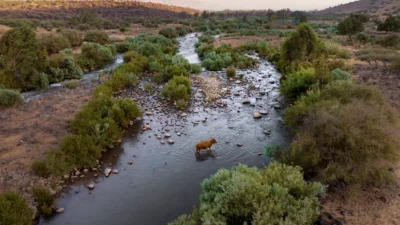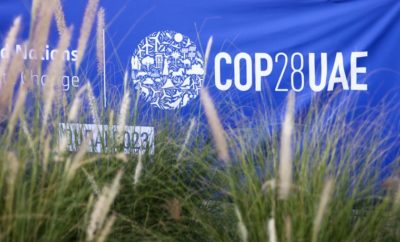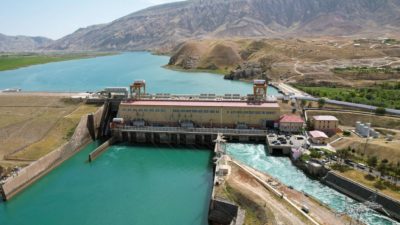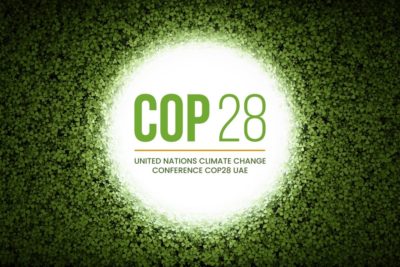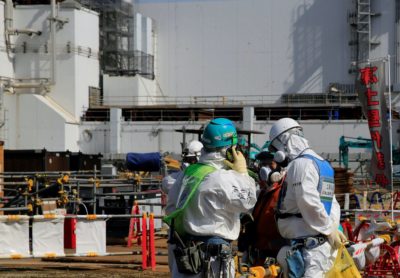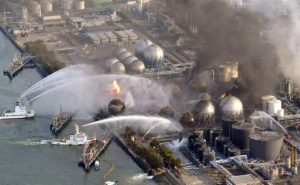The ‘Blue Horse’ of Mongolia and the safety of Lake Baikal – the news is encouraging, but not yet reassuring
The ‘Blue Horse’ is a project noble in its designs, aiming to bring water to those lands where sand dust rules. Nevertheless, despite all the imaginary (and quite real) prospects created for Mongolia by this initiative, its implementation is almost inevitably associated with negative consequences for the vast Baikal region. Is there an optimal way out of this difficult situation?
Iraq-Turkey: points of convergence and disagreement
Most politicians and experts would agree that over the past 15-20 years relations between Turkey and Iraq, even leaving aside the historic Mosul issue, have had their ups and downs, mainly as a result of three different problems. The first of these is Turkey’s military presence in Iraqi Kurdistan, the second is the sharing of water resources in trans-boundary rivers, and finally there is the issue of Kurdish…
Jordan and Palestine water scarcity
The Hashemite Kingdom of Jordan is one of the most water-stressed countries in the world. At the 150 litres per day recommended by the World Health Organisation (WHO), Jordan has an average of 70 litres per person per day. Groundwater is rapidly depleting (in some parts of the country the level is dropping by more than a metre a year), rainfall has fallen by 60 per cent in recent years and six of the 14 reservoirs have dried up. All this is happening against the backdrop of the Kingdom’s growing population and the influx of more than a million Syrian refugees…
The Paradox of COP 28
Recently, the 28th edition of the Conference of the Parties (COP28) to the United Nations Climate Conference was held in Dubai, United Arab Emirates, with more than70,000 delegates from nearly 200 countries in attendance. Despite its significant scale and global representation, concerns regarding the effectiveness of COP conferences in addressing climate change persist. COP conferences have been held annually since 1995, with the overarching goal of preventing dangerous human interference with the climate system…
Central Asian Energy - Old Contradictions and New Trends
During the period of existence of the present Central Asian republics within the unified socialist state, the distribution of electric power was solved, taking into account the needs of all republics and total economic efficiency. At that time, the Uzbek Soviet Socialist Republic’s sole headquarters oversaw the Central Asian energy system, which functioned outside from the USSR energy system. Because the Republican and economic district lines did not quite align, few people were able to “pull the blanket on themselves.” However, everyone was given what they needed, neither more nor less…
There is no Climate in COP 28 Gathering, Only Neocolonial Interest
Amidst wild claims that the world has only up to 2030s to prevent civilization’s collapse due to global warming and climate change, it is puzzling that Biden proposed the construction of an oil pipeline from the Middle East to Europe to cement continued use of fossil fuel, and accompanying CO2 emissions many decades into the future. Again, Biden did not propose harnessing the abundant solar energy in the Middle East’s deserts and transferring it to Europe, if the promise of green solar energy is to be taken seriously…
What’s the problem regarding radioactive water discharge from the Fukushima Daiichi Nuclear Power Plant? Part Three. Political battles.
Even a visit to the Fukushima Daichi Nuclear Power Plant by a delegation of government experts did not dampen the excitement surrounding Japan’s planned radioactive water discharge, and the main opposition Democratic Party of Korea (DPK) with its leader Lee Jae-myung played a crucial part in fueling it. On May 24, 2023, the Democratic Party proposed that the National Assembly should adopt a resolution against…
What’s the problem regarding radioactive water discharge from the Fukushima Daiichi Nuclear Power Plant? A delegation of South Korean scientists visits the NPP. Part 2
The disputable situation surrounding the safety of discharging water from the damaged Fukushima Daiichi Nuclear Power Plant, which the author discussed in Part 1, prompted a team of 21 South Korean experts to visit Japan from May 21 to 26 to inspect the plant and the treatment of radioactively contaminated water that Japan plans to begin discharging into the ocean in the near future because the tanks are full. Many Koreans are concerned about this because they believe the waters are still contaminated and will have a negative impact on the environment and health of the population of the area, especially South Korea. A presidential administration official stated that Seoul feels a real inspection of the nuclear disaster by South Korean experts is required…
Water Wars is the Future We are about to Face
In this day and age there’s no shortage of new challenges that governments of the world have to face and tackle, including atmospheric pollution, climate change and the rapid human-caused environmental degradation. Under these circumstances, what didn’t seem to be much of an issue yesterday, becomes a big issue today…


